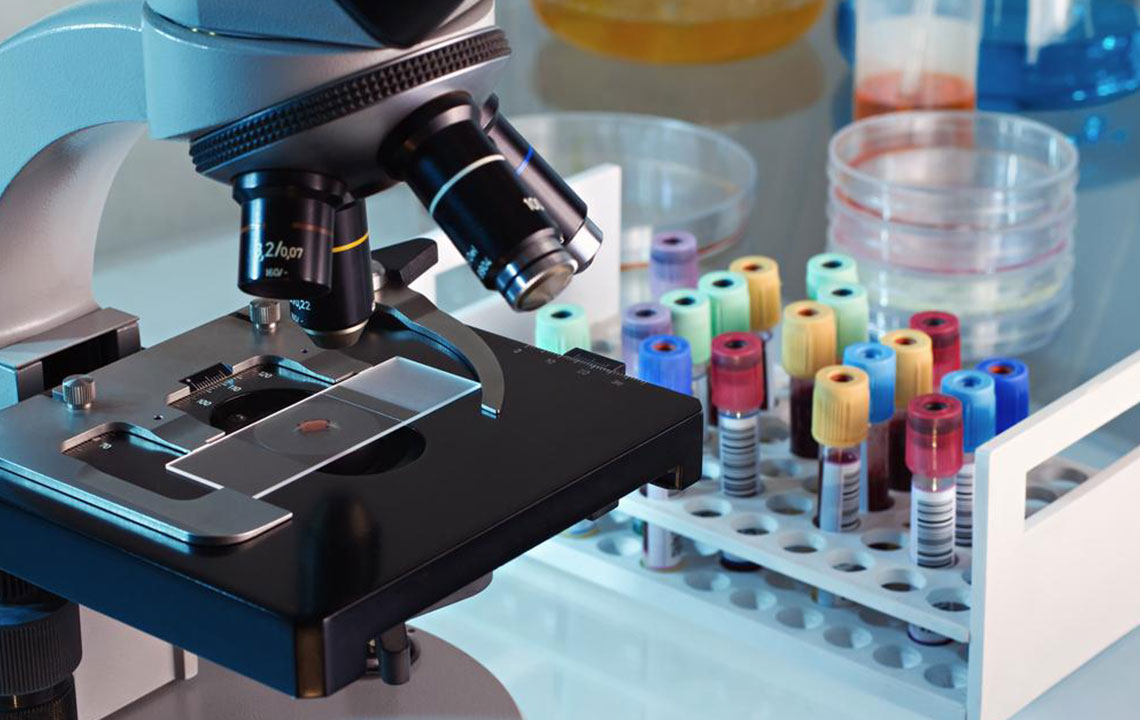The Ultimate Guide to At-Home DNA Testing Kits: Discover Your Heritage and Ancestry
Discover the comprehensive guide to at-home DNA testing kits. Learn how these innovative tools can reveal your ancestry, ethnicity, and family history through simple saliva or cheek cell samples. This detailed overview covers the types of genetic tests, how to choose a provider, and what results you can expect. Perfect for those curious about their heritage, these kits provide an accessible and private way to explore your personal history and connect with your roots. Empower yourself with knowledge about your biological background today.

The Ultimate Guide to At-Home DNA Testing Kits: Discover Your Heritage and Ancestry
Understanding DNA Testing Kits: A Comprehensive Overview
In recent years, there has been a significant increase in people's interest in exploring their personal history through DNA testing. At-home DNA testing kits have revolutionized how individuals can uncover details about their ethnicity, ancestral roots, and familial origins with convenience and accuracy. These innovative kits have made it possible for anyone, regardless of location, to access detailed genetic information that can provide profound insights into their biological background.
DNA, or Deoxyribonucleic Acid, is the fundamental molecule that carries the genetic instructions essential for the growth, development, and functioning of all living organisms. It is unique to each individual, forming an intricate blueprint that encapsulates one's inherited traits, ethnicity, and ancestral lineage. Today, with a variety of at-home testing options available, individuals have unprecedented access to explore their genetic makeup without stepping foot in a laboratory.
Curious about how the process works? Here’s a detailed overview to help you understand the procedure and what you can expect from at-home DNA testing kits.
What Is DNA?
DNA, or Deoxyribonucleic Acid, is the molecular blueprint of life. It contains the instructions necessary for building and maintaining your body. Composed of four chemical bases—adenine (A), thymine (T), cytosine (C), and guanine (G)—these bases pair up to form the rungs of the DNA double helix, instructing cells to produce specific proteins. These proteins are critical—they build your organs, tissues, hair, and even influence traits like eye color and height.
Every individual’s DNA is distinct, much like fingerprints. While humans share about 99% of their DNA, the remaining 1% accounts for individual differences that shape your physical appearance, voice, and even predispositions to certain health conditions. This minute variation is what makes each person unique and the focus of many DNA-based insights.
Understanding Different Types of DNA Tests
DNA testing companies typically analyze different parts of your genetic material to provide comprehensive ancestry insights. The two main categories are autosomal DNA tests and mitochondrial DNA (mtDNA) tests, each offering distinct information about your heritage.
**Autosomal DNA Tests** are the most comprehensive and popular. They analyze chromosomes inherited from both maternal and paternal ancestors, providing a broad overview of your ethnicity, global origins, and relatives across your family tree.
**Mitochondrial DNA (mtDNA) Tests** focus solely on the mitochondrial DNA inherited exclusively from your mother. This type of testing can trace maternal lineage back hundreds of generations but does not provide information about your paternal relatives.
It’s important to note that mtDNA tests do not reveal details about your father’s line or other male relatives' genetic makeup, which is why many choose autosomal testing for a complete heritage analysis.
Y-DNA Testing for Paternal Ancestry
Y-DNA testing analyzes the Y chromosome, which is passed directly from father to son. This test is only available for males and helps trace paternal lineage, verify biological paternity, and connect with relatives sharing a common male ancestor.
Using Y-DNA testing, individuals can learn about their paternal surname origins, migration patterns, and ancestral origins on the male line.
Steps to Conduct an At-Home DNA Test
Select a reputable testing provider: Begin by choosing a company that offers the specific type of genetic analysis you desire. Ensure their credibility by reading reviews and confirming their certifications. Once you’ve selected a provider, register on their website, and place your order for an at-home DNA testing kit.
Order your kit: Some companies provide free or discounted kits, while others charge a fee. After placing your order, you will receive a kit that contains all necessary materials for sample collection.
Sample collection: Most testing kits utilize saliva collection or cheek swabs, making the process simple and non-invasive. Carefully follow the detailed instructions to collect your sample correctly—proper collection is essential for accurate results.
Sample submission: After collecting your DNA sample, seal it as instructed and send it back to the testing laboratory using the provided packaging. Make sure to follow postal regulations for biological samples.
Activating your kit and accessing results: Once your sample has been received, activate your account online to track the progress of your test. Results are typically available within 4 to 8 weeks and can be accessed securely through your online account. Some companies also offer options to receive results via mail or directly over the phone.
What You Can Expect from Your DNA Test Results
Once your results are ready, you will gain detailed insights into your genetic background. Common information includes ethnicity estimates, identification of your most significant ancestral regions, and potential relatives within the testing database. Some services also provide health-related information or traits based on your genetic makeup, although the primary focus remains on ancestry and heritage.
The accuracy of the results relies on the size and diversity of the company's DNA database. Using these insights, individuals can better understand their origins, connect with distant relatives, and explore their family history in ways that were previously unimaginable.
In summary, at-home DNA testing kits offer a simple yet powerful tool for uncovering the mysteries of your ancestry. With a straightforward process, privacy safeguards, and comprehensive results, it’s an exciting journey into your personal history waiting to unfold. Whether you’re seeking to trace your ethnic roots, confirm paternity, or simply satisfy curiosity about your lineage, these kits provide valuable insights that can enrich your understanding of who you are and where you come from.





